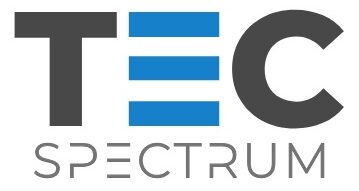In a major step toward enhancing tax enforcement and digital transformation, the Federal Board of Revenue (FBR) has officially granted full access to Pakistan Revenue Automation Limited (PRAL) data to its tax officials. This move is expected to improve compliance, optimize reporting, and streamline tax collection processes across Pakistan.
Why This Matters ✨
The decision ensures that tax officials can leverage PRAL’s comprehensive database for better enforcement and governance. By integrating data analytics, software development, and automation, the FBR aims to create a more transparent and efficient tax system.
Key Responsibilities of Tax Domain Officers 🔍
According to the latest FBR notification, tax domain officers will oversee multiple critical functions, including:
1. Software Development & Implementation
- Collaborating with PRAL teams at every stage of the Software Development Life Cycle (SDLC).
- Ensuring business requirements and legal compliance are accurately reflected in software updates.
- Validating and signing off on Business Requirement Specifications (BRS) and Change Request Forms (CRF).
2. Data Analysis & Reporting Optimization 📈
- Assisting in the creation of customized dashboards for FBR’s field officers.
- Enhancing data-driven decision-making through real-time insights and automated reports.
- Implementing automated data validation checks to maintain data integrity.
3. Data Governance & Security 🔒
- Enforcing compliance with the Data Governance Policy to secure sensitive financial data.
- Ensuring only authorized personnel have access to critical tax records.
- Recommending third-party audits to monitor database activities and verify compliance.
How This Move Enhances Efficiency ⏳
With this full access, FBR officials will now be able to:
- Track tax defaulters more effectively using real-time data.
- Speed up case resolutions by integrating digital records with enforcement actions.
- Improve accuracy in tax collection reports, ensuring a fair and transparent process.
What’s Next? 🚀
The FBR’s digital transformation is an ongoing process, and this initiative is just one of many steps toward a fully automated and transparent tax system. By empowering tax officials with better tools and real-time data, the government is strengthening its commitment to efficiency, compliance, and financial integrity.
















